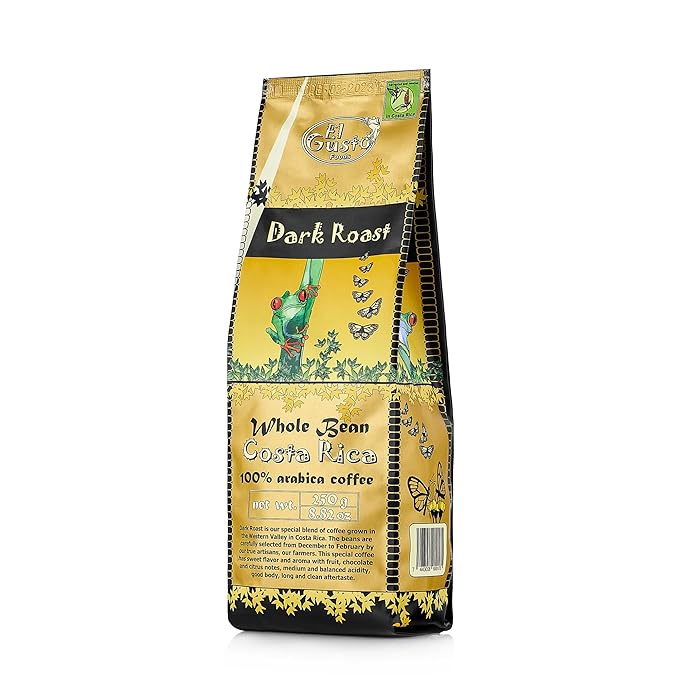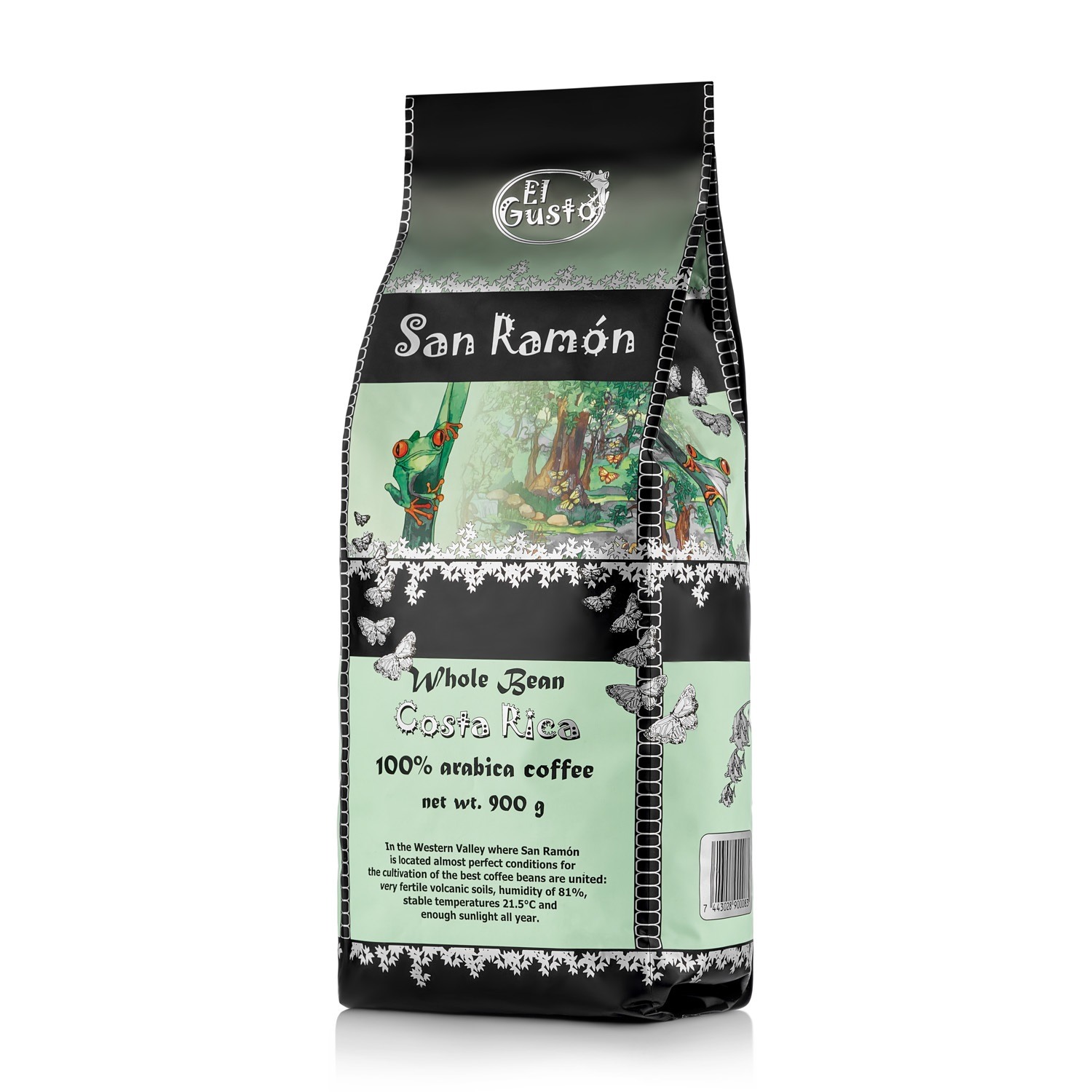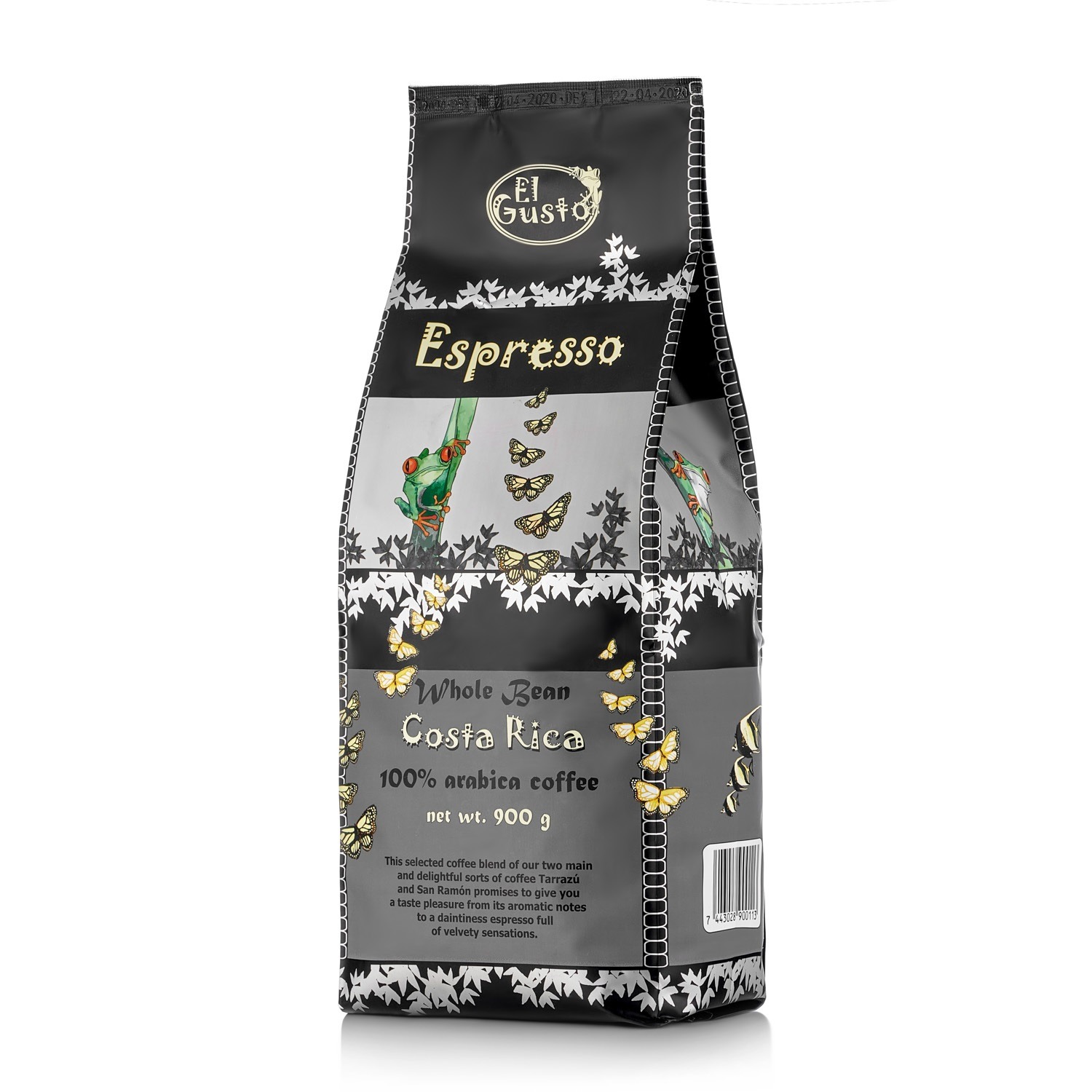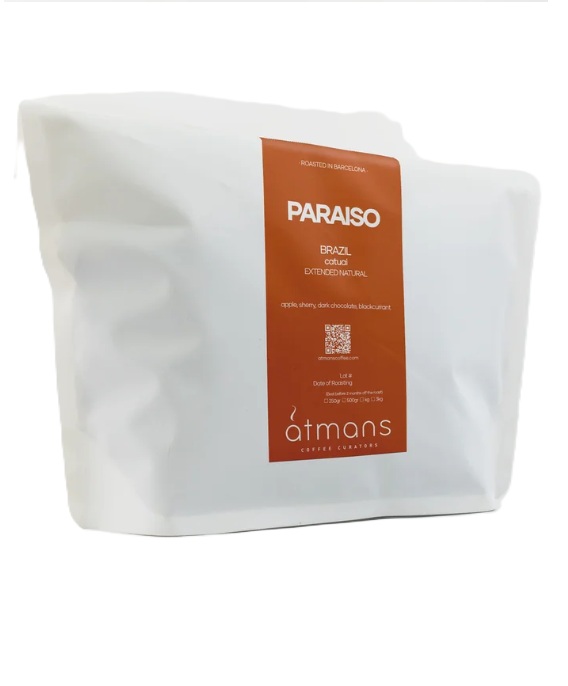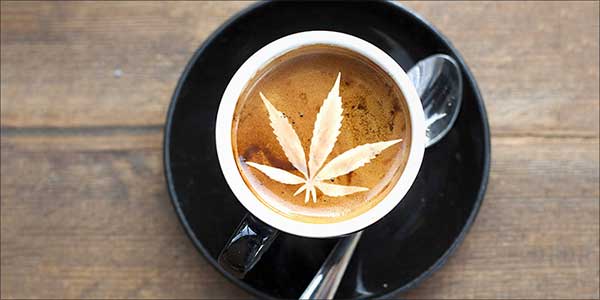
Is there a correlation between coffee and cannabis?
Is there a correlation between coffee and cannabis?
- Shelli Galici
- 21-03-2018
- 29-07-2025
- 1990 views
- Coffee Tips, Featured Articles, How To's

Our morning cup of drug a.k.a coffee had studied by the experts continuously to look for definite answers to its correlation with its health benefits. And there is a new study circulating on the web related to coffee and cannabis, and everyone went gaga after hearing this news. So, what is coffee has to do with cannabis?
We know that the main component of coffee is caffeine that gives us the pump in our heart and the kick to our brain, and a lot of articles say that coffee has a lot of health benefits that could help with some diseases. However, the true impact of coffee on health is still poorly understood.
Some studies have found the correlation between coffee and health while some concluded that coffee reduces mortality risk, and others drew no solid conclusions.
According to a new study, your morning joe causes a drop in the levels of certain substances that link to the body’s system for responding to marijuana.
https://www.instagram.com/p/BglfhyVAmSC/?hl=en&taken-by=lovers.coffee101
According to the study published on March 15 in the Journal of Internal Medicine “The levels of these substances — metabolites found in what’s known as the endocannabinoid system — decrease in people who drink between four and eight cups of coffee a day.”
Endocannabinoids – “are molecules that bind to cannabinoid receptors, which are found all over the nervous system, as well as in immune and endocrine tissue.”Our body naturally produces endocannabinoids, but it also responds to foreign cannabinoids, like the ones found in the leaves of plants of the Cannabis genus.
“Coffee suppresses the endocannabinoid chemicals that smoking marijuana boosts,” said Marilyn Cornelis, an assistant professor of preventative medicine at Northwestern University’s Feinberg School of Medicine, who led the new research. “That would suggest that coffee might generate the opposite effects as cannabis on the endocannabinoid system,” she added.
Using advanced profiling techniques, lead author Marilyn Cornelis and her team checked the levels of more than 800 metabolites in the blood after each stage. Metabolites – is a product of metabolism; a substance essential to the metabolism of a particular organism or to a particular metabolic process. They are generally small molecules and carry out a range of functions both within and between cells.Using advanced profiling techniques, lead author Marilyn Cornelis and her team checked the levels of more than 800 metabolites in the blood after each stage. Metabolites – “is a product of metabolism; a substance essential to the metabolism of a particular organism or to a particular metabolic process.” Metabolites are generally small molecules that function both within and between cells.
The researchers have found that the more we drink coffee the blood metabolites involved in the endocannabinoid system dropped off this is where the system gives cannabis its recreational and medical effects.
“What we’re seeing here is that the systems that are impacted by coffee and cannabis overlap,” Cornelis said. This could mean drinking coffee with marijuana could create interacting effects in the system.
Cornelis and her team also found that coffee consumption increased the concentration of steroid metabolites in the blood, possibly because coffee contains plant steroids called phytosterols. In particular, the metabolites that increased are linked to steroid excretion, Cornelis said, so it’s possible that coffee could boost steroid breakdown in the body.
However, this study will remain a mystery with its correlation to human health.
“The final grouping of metabolites changed by coffee consumption consisted of fatty acid acylcholines, which may be linked with the endocannabinoid pathway,” Cornelis said. “But the changes there are the most mysterious of all,” she added.
With this study, it raises more questions than answers, and they are still into the research hunting for new links between coffee and health.
“Plenty of research has associated coffee drinking with health effects, she said — so much so that Coffee Is Good For You/Coffee Is Bad For You headlines are almost a cliche. But those are just statistical associations,” Cornelis said. “The goal of my research is to understand the causal reasons that link coffee to those outcomes,” she added.
Source: Live Science








